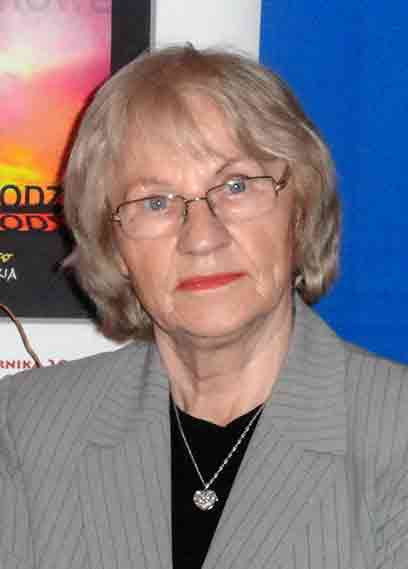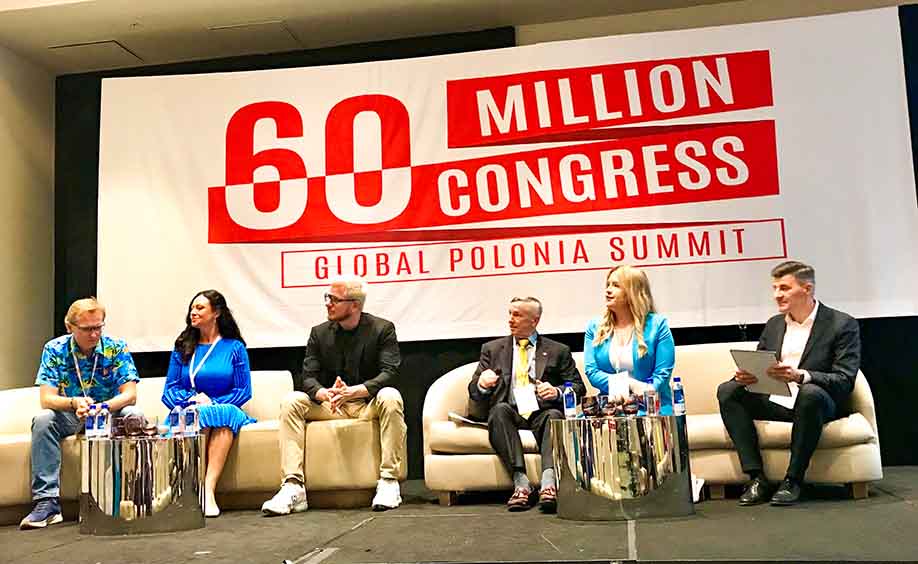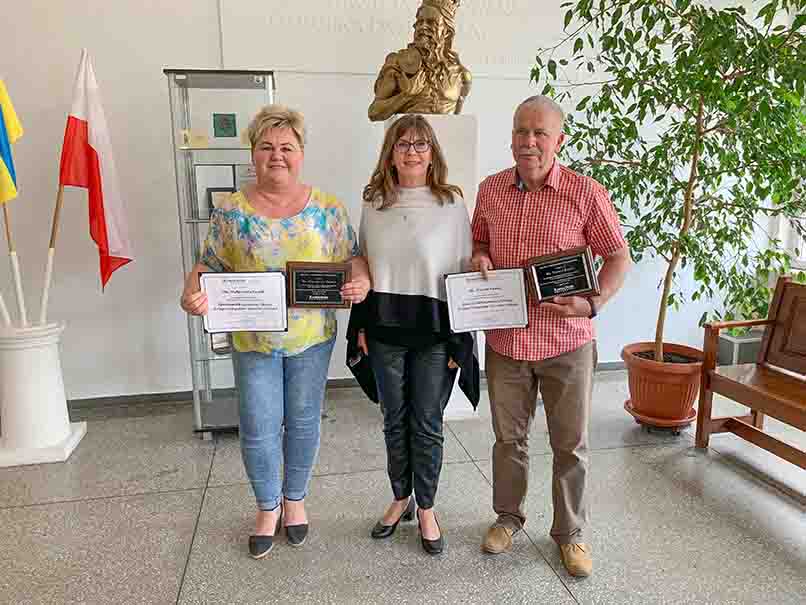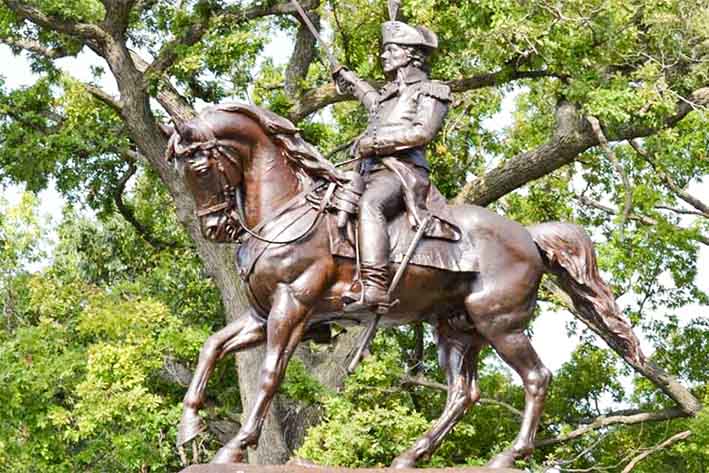The Maciej Płażyński Prize is the only award that honors the work of journalists and media serving the Polish diaspora. The award is granted annually for journalistic work in the previous year, in four categories:
- journalist of the Polish community medium
- national journalist publishing about the Polish diaspora
- foreign journalist publishing about Poland, Poles and the Polish diaspora
- editing of a Polish medium
The prizes in each of the three journalistic categories are: a statuette and a financial award of PLN 10,000 ($2,223).
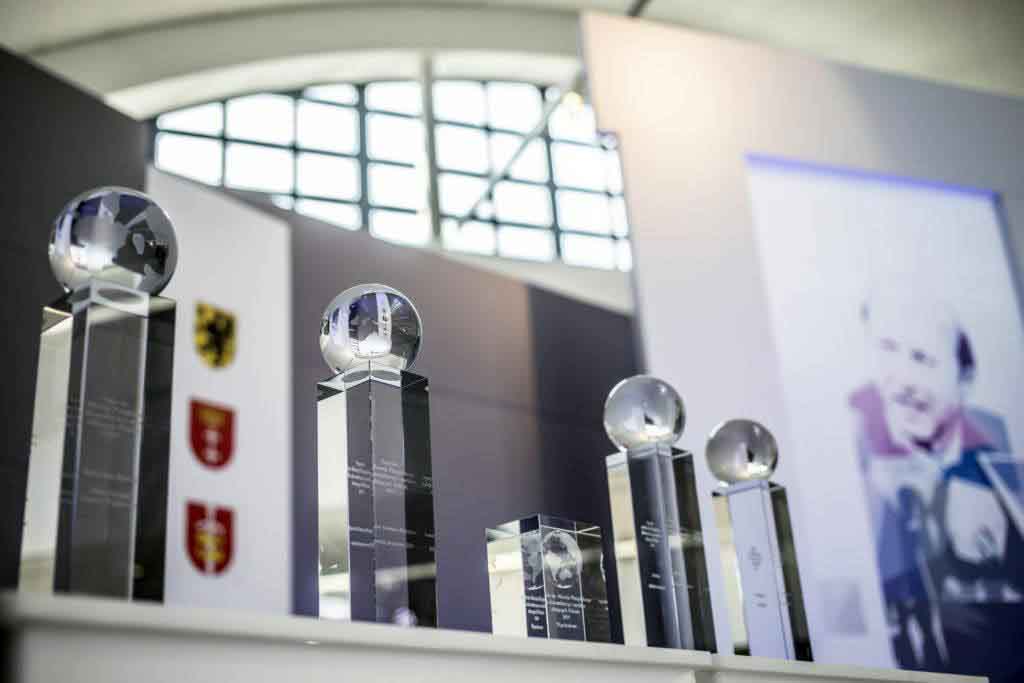
Maciej Płażyński Awards (rewardaplazynskiego.pl )
The patron of the award — Maciej Płażyński — was an activist of Solidarity. From August 1990 to July 1996, he was the first non-communist Gdańsk voivode. From 1997, he sat in the Sejm and held the honorable office of the Marshal of the Sejm of the third term. He held the position entrusted to him until the end of his term of office. From 2005, he was a senator and deputy speaker of the Senate of the 6th term. From May 11, 2008 until the tragic death in the Smolensk catastrophe on April 10, 2010, he was the president of the "Polish Community" Association — an association in care of the Polish diaspora.
On June 5, 2012, at the Museum of the City of Gdynia, the ceremony of signing the initiative for the creation of the Maciej Płażyński for journalists and media serving the Polish diaspora took place.
In 2022, the editor-in-chief of the Kuryer Polski internet portal (kuryerpolski.us), Mr. Waldemar Biniecki, became the winner in the category of journalist of the Polish media. The jury recognized him for a series of bilingual publications in Kuryer Polski, thanks to which the Polish point of view reached audiences not only in the United States, but all over the world.
Katarzyna Murawska's interview with Waldemar Biniecki
Katarzyna Murawska: The Maciej Płażyński award for journalists and media serving the Polish diaspora is the only and most prestigious award for Polish journalism abroad. How did you end up receiving it? How did your adventure with Polish journalism start?
Waldemar Biniecki: You could say that everything started in 2012, when we moved from Milwaukee to Kansas. In Milwaukee, I was president of the Polish American Congress (Kongress Polonii Amerykańskiej, KPA). Many great KPA activists who have contributed to Poland come from this Polish community center.
KM: I remember your job as president. Then you told me directly that I should join Congress and do exactly what our predecessors did — fight for Polish interests in the USA. I signed up and we've worked together since then. You tried to show the role of the Congress, and I documented and perpetuated the memory of outstanding Poles, their work in exile and their contributions to Poland. Let's recall some of these good times.
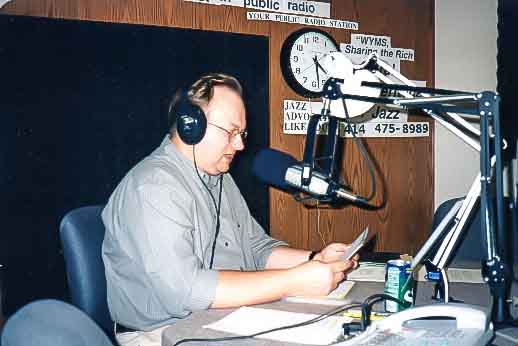
(From the private archive of Waldemar Biniecki)
WB: When I was leading KPA in Wisconsin, I was learning a lot, meeting new people every day. I set up a website and social media for the local KPA. I used to go to meetings in Chicago and already then noticed some problems that are at the heart of my journalism today. It was lack of strategic vision, a lack of communication tools, dealing only with local affairs, avoiding all politics in panic, inability to work with the media, and a total lack of agency.
KM: Under your leadership, the work of the Congress in Wisconsin took on new brightness and a new quality. Tradition began to merge with the present.
WB: First of all, we named the then-unnamed Polish Heritage Award after the great Polish politician from Milwaukee, Congressman Klemens Zabłocki. It became possible to recognize the American officers of Polish origin cooperating with Polish soldiers during the military mission in Afghanistan and Iraq with Polish medals, awarded by the President of the Republic of Poland. One of these officers is already a major general. It was a year of hard, systematic, but also fruitful work.
KM: Then you went to Kansas for family reasons.
WB: It's true. I was frustrated by the circumstances and the adaptation to the new place. I tried to start a KPA in Kansas. I counted on help from the headquarters, but miscalculated. Then I wrote an article, "Through the Eye of the Incurable Optimist, or How to Heal the Polish American Congress." I published it in my friend's "Star Polar". Later, most of the Polish press asked for permission to reprint this article. The response was unexpected. For almost two weeks, readers wrote e-mails or called and we talked about the problems that were at heart for Polish emigrants. They suggested that I should write about them.
KM: So you started writing, and what next...?
WB: I started sending articles to various editorial offices, but only Tygodnik Solidarność replied. It is the only magazine inviting Poles from abroad to cooperate. Editor Cezary Krysztopa accepted my article and published it in TySol. Then there was a blog and a permanent column. I write columns to this day and use them to perfect my craft.
KM: I read them regularly and I have the impression that their opinions often differ from the generally accepted line in Warsaw.
WB: It is a matter of narration. Already during Sanacja, Warsaw tried to impose its point of view on the Polish community. My point of view on Polish affairs is based on a thorough analysis of the international media, and its place is in the center of America. From here, the Polish politics looks completely different. Only cross-party thinking can help the Polish raison d'état, the reform of the army and the reform of the state. There are no more charismatic leaders of the Polish American community, or the Paris-based Kultura for the Emigration to respond to the ideas that arise in the minds of politicians in Warsaw. Someone has to do it and the standards are high.
KM: I remember, over tea, in my apartment in Milwaukee, we were looking for an idea of communication between Poland and the Polish diaspora, and then the idea of reactivating Kuryer Polski was born .
WB: Yes. It was almost two years ago. After it became clear that the topic of the Polish diaspora in Poland was thoroughly frozen. In Poland, nobody talks about the Polish diaspora in America anymore. I have a publication in my bookcase "We Milwaukee Poles" and it was there that I found information that, in 1888, Michał Kruszka, an emigrant from Słabomierz near Żnin, founded *Kuryer Polski * — officially the first daily newspaper in the United States. He said then, two decades before Roman Dmowski, that Kuryer represented Polish interests in the USA. This news knocked me off my feet. A man from a village less than 50 km from Bydgoszcz, where I come from, was so successful. The crowning achievement of his career was becoming a state senator in the state of Wisconsin. And this is how we reactivated now-bilingual Kuryer. An extremely talented man — Andrzej Woźniwicz — joined us and it was he who suggested that each article should be mirrored in English. For Americans of Polish origin and for Poles all over the world, it is an opportunity to communicate and connect Poles at home and around the world. Bilingualism and the possibility of connecting Poles and the Polish diaspora around the world has become a new mission of Kuryer Polski.
KM: The jury awarded you "for a series of bilingual publications in Kuryer Polski, thanks to which the Polish point of view reaches not only audiences in the United States, but all over the world."
WB: We 've tripled the number of readers we reach over the past few months. It requires a lot of time and money to promote our medium. We have also noticed numerous comments that come not only from Poles or Americans of Polish origin, but also from American professionals who, like us, look for objective information and sources on the Internet. Kuryer Polski is slowly becoming a reliable source of information on the American Internet. We try to keep the professionalism of articles high, supported by sources. American university professors, attorneys, other media editors and other professionals write for us. We have associates from various parts of the United States, Poland, Germany, Great Britain, Australia, and other countries where the Polish diaspora lives.
KM: What future would you like to see for Kuryer?
WB: Kuryer Polski does not have the format of an information agency, we do not have such ambitions. We would like to become an opinion-forming medium, one whose voice would be taken into account by politicians and the Polish elite. We would like Kuryer to reach the Polish elite and be a source of inspiration. We also plan to open a business department at Kuryer that would inform about the opportunities on both sides of the Atlantic. As soon as I heard from a colleague "no one will pay you for your patriotism", I immediately made efforts to make Kuryer also cover business. The channel that will be supported by business in Poland and the United States is bound to be important. This will be a major move towards Kuryer's development.
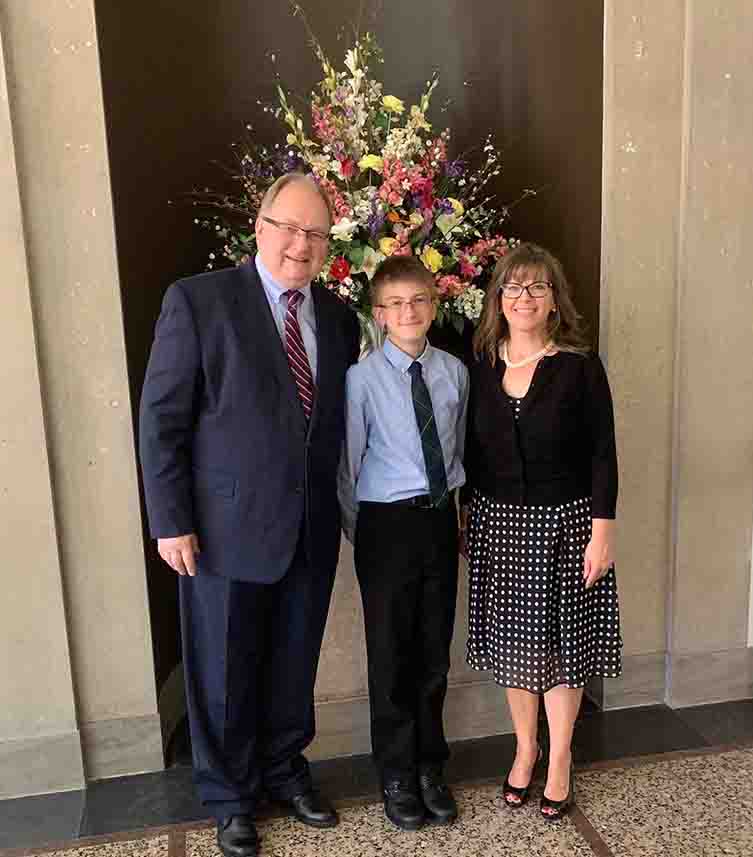
(From the private archive of Waldemar Biniecki)
KM: Who is Waldemar Biniecki in private?
WB: He is a happy husband and father. My wife, Susan, is a professor at Kansas State University. She is involved in Polish matters and supports us very much in the Kuryer project . Our son, Daniel, is only in high school, but he is already making his first journalistic attempts. Perhaps, in the future, he will continue the work of Kruszka family and ours. We try to leave something behind, to do something tangible for the Polish diaspora and Poland. That's all.
Finally, I would like to thank the committee and founders of the Maciej Płażyński Award for journalists and media serving the Polish diaspora, for granting me and, at the same time, Kuryer Polski from Milwaukee, this prestigious award; Krzysztof Gajda from the Association of Poles in Texas, as well as the author of Kuryer Polski, for submitting my nomination for the competition; Teresa Sygnarek, president of the World Association of Polish Media for the Polish Community Abroad, for submitting the nomination of Kuryer Polski; and all Kuryer authors — professors, lawyers, editors and other professionals — for texts of the highest world class. Separate thanks are due to the co-founders of this project, i.e. Katarzyna Murawska and Andrzej Woźniewicz. Kuryer wouldn't exist without you.
KM: Thank you for the interview. Congratulations on the award once again. I wish Kuryer Polski and everyone, thanks to whom it came into existence and continues to develop, broad readership and many more prestigious awards.



